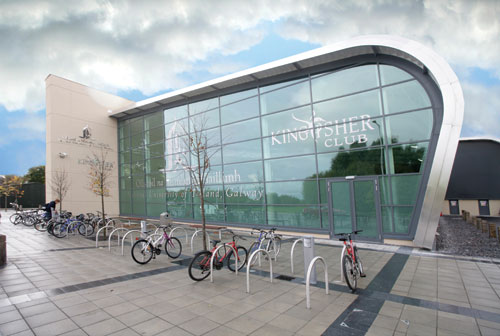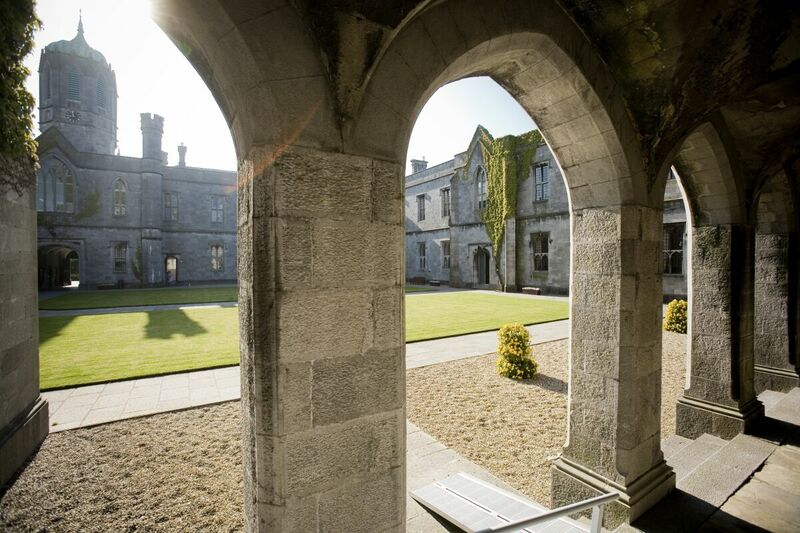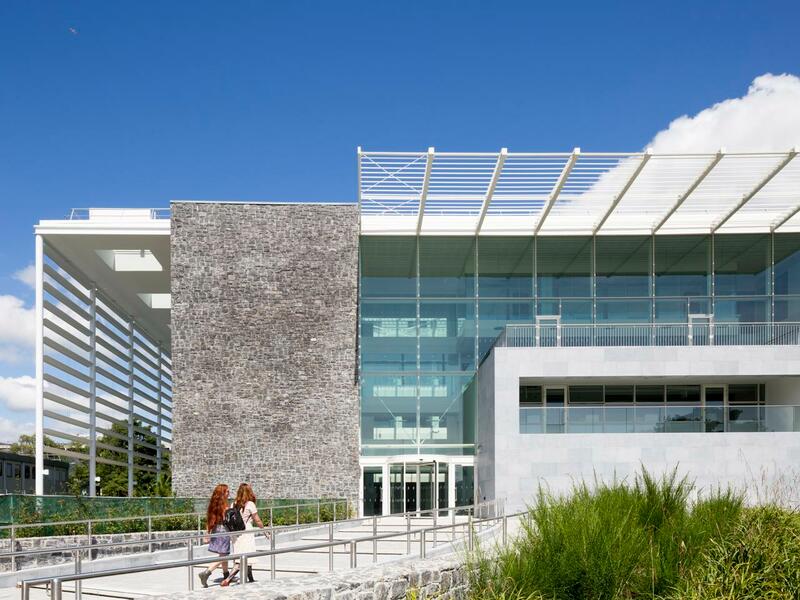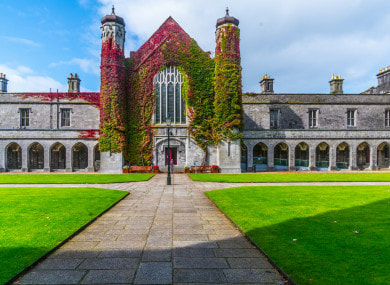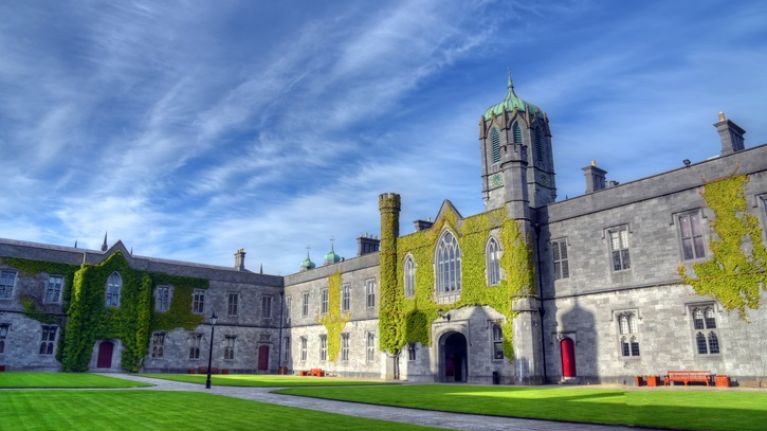National University of Ireland, Galway (NUIG)
Note:
As of 01/01/2020, only Trinity College Dublin (TCD) is accredited by Singapore Medical Council. Trinity College Dublin (TCD) and University College Cork (UCC) will still remain accredited by Singapore Dental Council.
Singaporean and Permanent Resident students who have secured places in UCD, UCC, RCSI and NUIG medical programmes before Jan 1, 2020 will not be affected by the change.
(The revised list of List of Registrable Basic Medical Qualifications from the overseas medical schools can be found here.)
As of 01/01/2020, only Trinity College Dublin (TCD) is accredited by Singapore Medical Council. Trinity College Dublin (TCD) and University College Cork (UCC) will still remain accredited by Singapore Dental Council.
Singaporean and Permanent Resident students who have secured places in UCD, UCC, RCSI and NUIG medical programmes before Jan 1, 2020 will not be affected by the change.
(The revised list of List of Registrable Basic Medical Qualifications from the overseas medical schools can be found here.)
NUIG ranks among the top 2% of universities in the world, and is recognised as a research-led university with a commitment to top-quality teaching. It consists five colleges offering a wide variety of courses.
Students completing the School of Medicine's primary undergraduate programme are conferred with a Bachelor of Medicine, Surgery and Obstetrics (MB BCh BAO).
There is also the possibility for intercalation whilst undertaking the undergraduate programme. This is approved by the School of Medicine on a case-by-case basis.
There are two tracts for the undergraduate medical programme:
The 5-year programme consists of 2.5 years of pre-clinical training, followed by 2.5 years of clinical training. 1 year of clinical training is undertaken in Regional Academies for Teaching and Research at Sligo, Letterkenny, Mayo and Ballinasloe, with the remainder of clinical training held in the University Hospital Galway. The NUIG Medical Society has compiled a useful guide on the Regional Academies, which can be found here.
Most Singaporean students enter the 5-year programme. Exemptions from some modules may be allowed if the curricular content has been covered elsewhere at tertiary level.
Further information about NUIG's medical curriculum can be found here. A more informal take on academics in NUIG School of Medicine can also be found on the NUIG Medical Society's website.
Singaporean students in NUIG can also be contacted through their Facebook group or via SMSI's NUIG College Representative.
Students completing the School of Medicine's primary undergraduate programme are conferred with a Bachelor of Medicine, Surgery and Obstetrics (MB BCh BAO).
There is also the possibility for intercalation whilst undertaking the undergraduate programme. This is approved by the School of Medicine on a case-by-case basis.
There are two tracts for the undergraduate medical programme:
- A 6-year programme, which includes a preceding pre-medical Foundation Year
- A direct-entry 5-year programme, which excludes the Foundation Year
The 5-year programme consists of 2.5 years of pre-clinical training, followed by 2.5 years of clinical training. 1 year of clinical training is undertaken in Regional Academies for Teaching and Research at Sligo, Letterkenny, Mayo and Ballinasloe, with the remainder of clinical training held in the University Hospital Galway. The NUIG Medical Society has compiled a useful guide on the Regional Academies, which can be found here.
Most Singaporean students enter the 5-year programme. Exemptions from some modules may be allowed if the curricular content has been covered elsewhere at tertiary level.
Further information about NUIG's medical curriculum can be found here. A more informal take on academics in NUIG School of Medicine can also be found on the NUIG Medical Society's website.
Singaporean students in NUIG can also be contacted through their Facebook group or via SMSI's NUIG College Representative.


